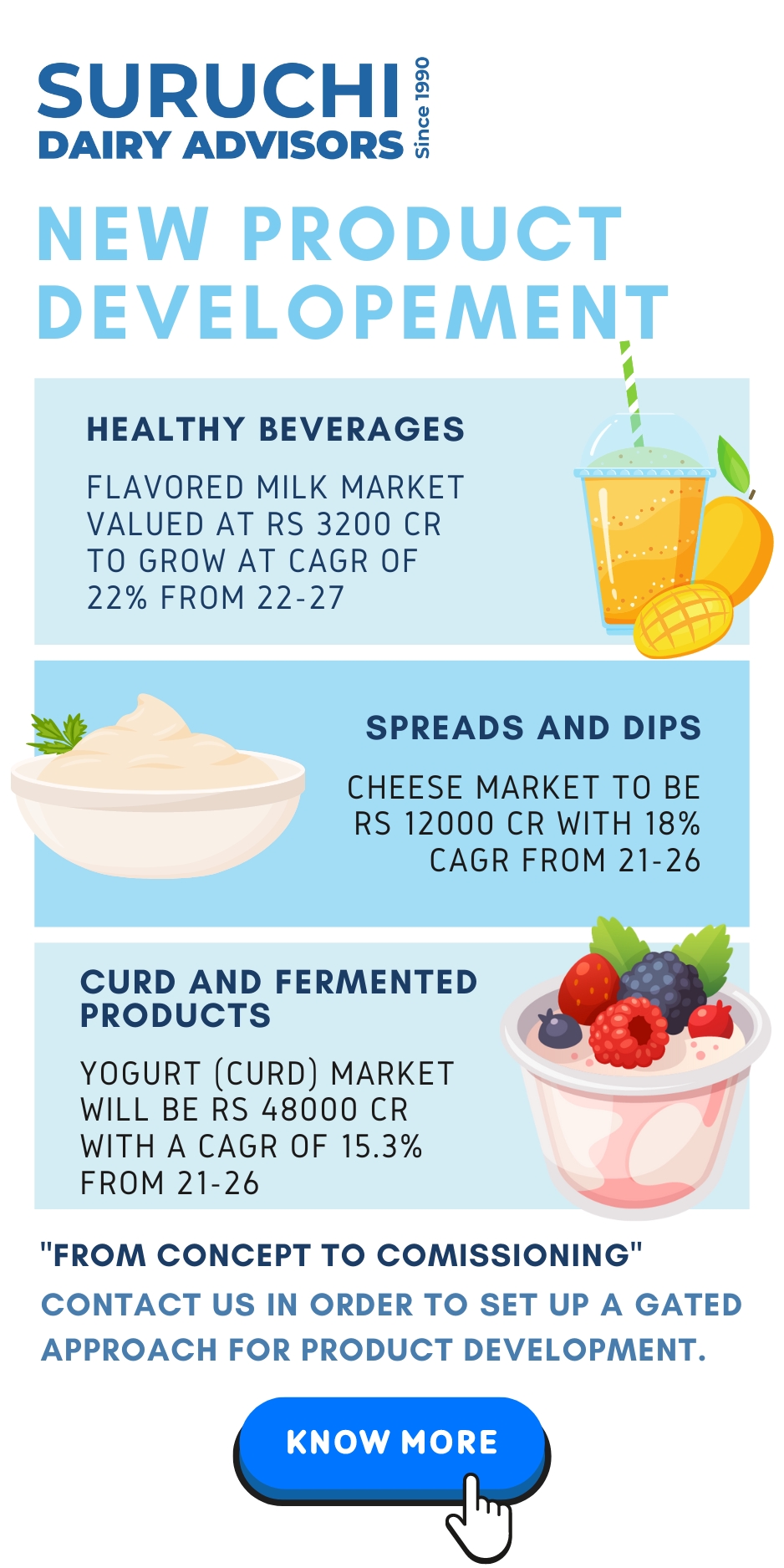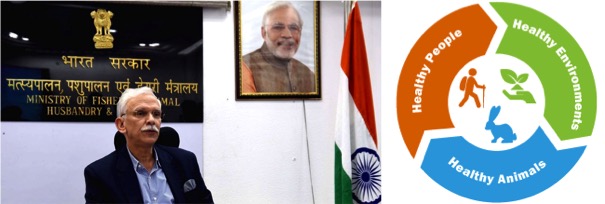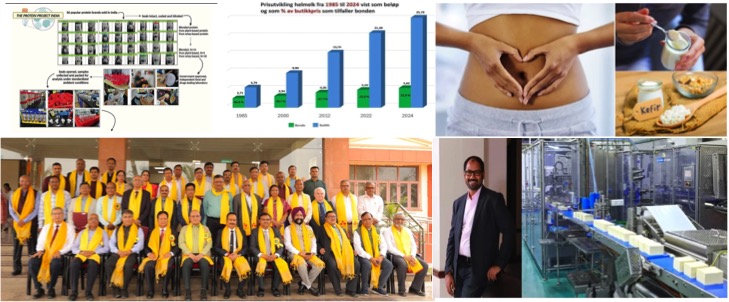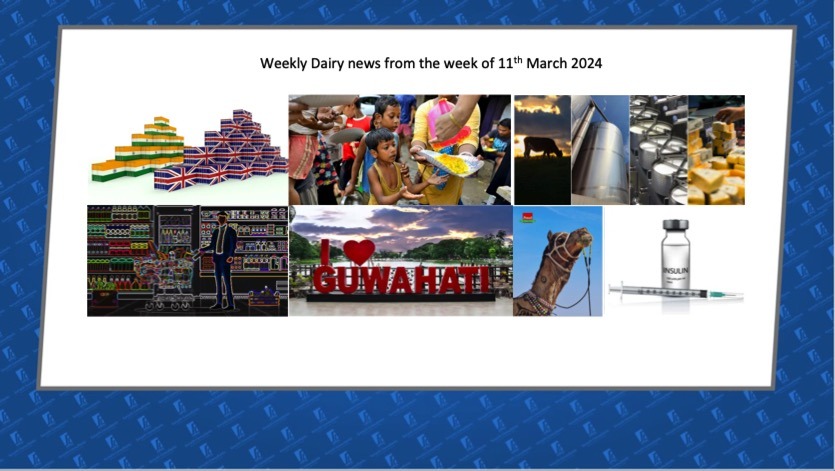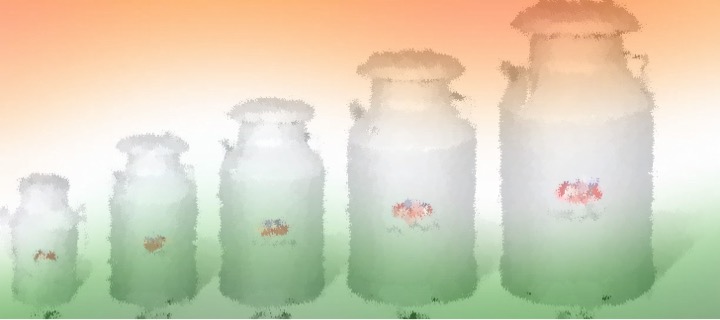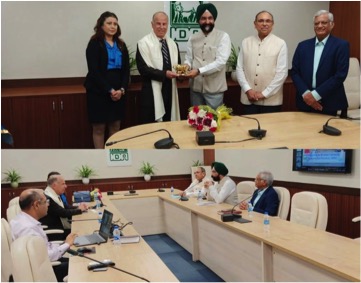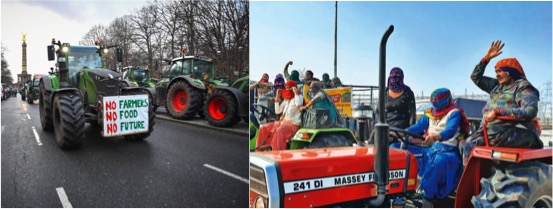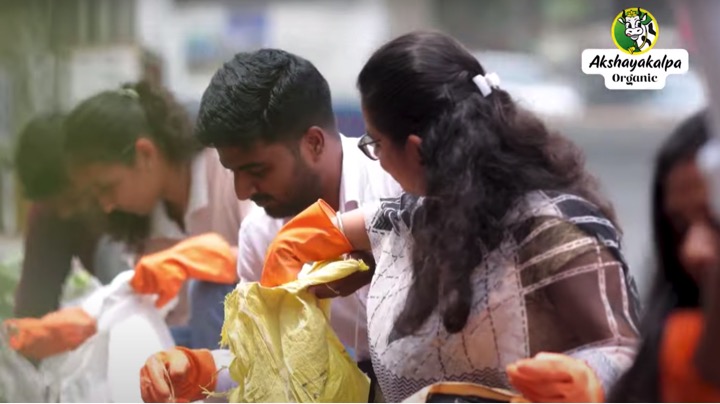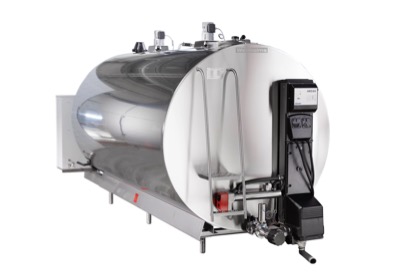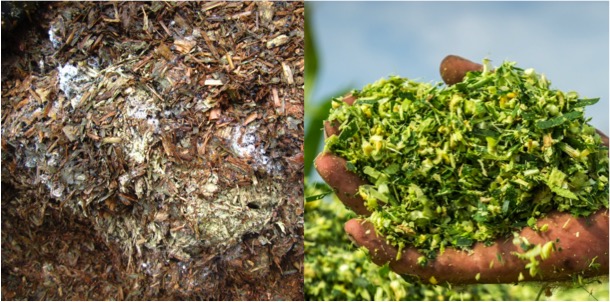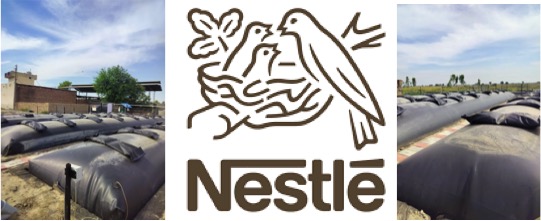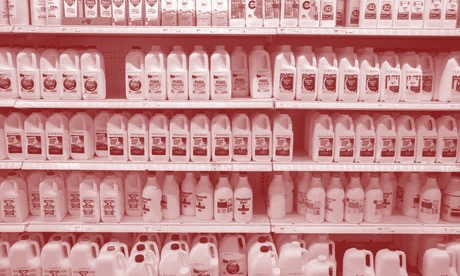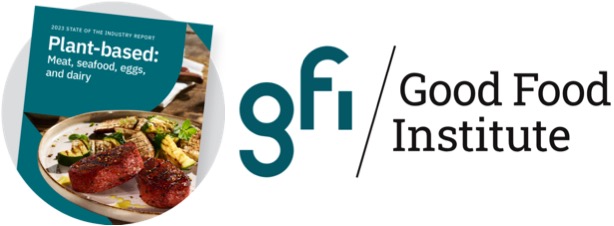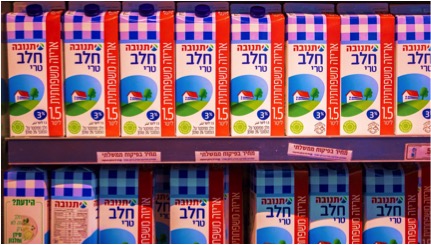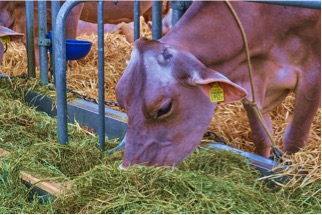A collaboration is needed between veterinary science and human health experts to forge effective tools
The developments unleashed by COVID-19 have once again put the spotlight on the pressing need to create greater collaborations and synergies between research on human health and animal health. India has a livestock population of 1.6 billion, that in turn translates into a scenario where approximately 280 million farmers rely on the livestock and related industries for livelihood.
From the perspective of trade, the dairy industry in the country is valued at $160 billion, while the meat industry is valued at $50 billion. In addition, livestock and related activities have significant overlap with wildlife and humans. In the current atmosphere of climate change and unpredictable weather, animal husbandry assumes significance as a source of reliable income to farmers.
Increase in zoonotic diseases
Statistics indicate that globally, we have witnessed around 9,580 instances of disease outbreaks from 2000 to 2010, of which 60% diseases were zoonotic in nature. Likewise, the incidences of disease outbreaks across the globe have been increasing at a compound annual growth rate (CAGR) of 6%. In India, we see that annual outbreak of zoonotic diseases translates into an estimated annual loss of $12 billion to the economy.
Thus, even though these diseases do not affect human health directly, they are responsible for huge consequences to farmers, exports and gross domestic product (GDP) growth nationally. In this background, close collaboration is the need between veterinary science and human health experts to forge effective tools for pandemic preparedness. A major loophole in the context of pandemic preparedness can be attributed to the fact that it has largely been human centric, leaving a large unaddressed gap for diseases of pandemic potential in animals.
The Department of Animal Husbandry in Government of India has been working towards increased investment in preparedness to protect health and building economic resilience so that India could become a world leader in animal pandemic preparedness. To this end, the Department of Animal Husbandry and Dairying (DAHD) has set up a dedicated ‘One Health Unit’ in collaboration with the Gates Foundation. One of the primary focus areas of the unit has been on coming up with an “animal pandemic preparedness” model by creating a mechanism for storage and seamless exchange of data and information on livestock health — this will be implemented through the National Digital Livestock Mission (NDLM).
So far, synergies from advances in human vaccines have not been leveraged in animal vaccine development. Thus, to incentivise the growth of the animal health industry in India, companies can now avail incentives for setting up or expansion of animal vaccine and related infrastructure under the Animal Husbandry Infrastructure Fund.
Additionally, DAHD in collaboration with the Office of the Principal Scientific Adviser, Central Drugs Standard Control Organisation (CDSCO), Indian Council of Agricultural Research (ICAR), and the Indian Pharmacopoeia Commission (IPC) has set up an Empowered Committee for Animal Health to streamline the animal health regulatory ecosystem in the country.
To create a robust pandemic preparedness model, it is imperative to juxtapose the data on animal health with the available data on human health. Within the framework of the NDLM, so far, substantial progress has also been made by linking all the animal disease diagnostic labs involved in sero-surveillance through a single portal, and harmonisation of SOPs used by labs.
Creating a successful model
A successful animal pandemic preparedness model template would entail seamless coordination with critical ecosystem partners to ensure timely and successful development of animal drugs and vaccines. The ecosystem partners would include entities carrying out pathogen prioritisation and aiding pharma companies in vaccine research, Indian pharma companies, and global organisations like World Organisation for Animal Health, Global Alliance for Vaccines and Immunisations, Bill and Melinda Gates Foundation, etc.
This pandemic preparedness initiative would thus enable the linking and comparison of real-time information regarding diseases between wildlife and human systems — that would create a reliable mechanism for forecasting disease outbreaks. This India-focused initiative will also present a good starting point to lead global pandemic preparedness effort because this threat is faced by other countries as well, including developed economies.
The dynamic model under preparation would further result in enhanced disease surveillance so that we are better prepared before the next outbreak hits.
Atul Chaturvedi is Former Secretary, Department of Animal Husbandry & Dairying
Source : The Hindu Aug 2nd 2022

